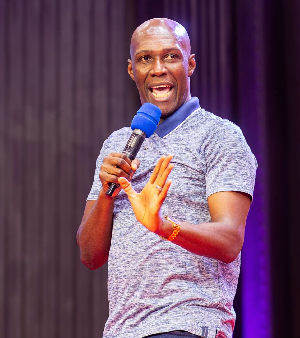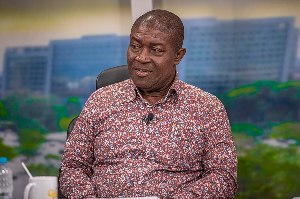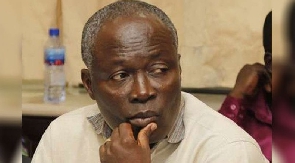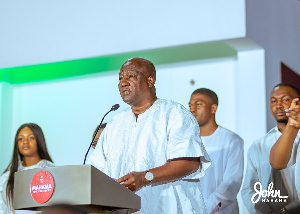


Rocky55 Blog of Wednesday, 11 December 2024
Source: Isaac Appiah
On NPP's defeat, Prophet Oduro said, "Now that you're home, you'll realize I wasn't the enemy."

After making comments about the New Patriotic Party's (NPP) loss in the 2024 elections, Prophet Kofi Oduro, a well-known Ghanaian pastor and head of the Alabaster International Ministry, has become a major topic of discussion in the aftermath of the election. In a scathing speech, he said, "Now that you're home crying, you'll know I wasn't the enemy," emphasizing the foreboding cautions he had issued to the NPP leadership on their leadership and mindset.
Speaking out against President Nana Akufo-Addo's administration, Prophet Oduro has repeatedly called for the NPP to show humility and repentance. He cautioned the government against disregarding popular opinion and divine guidance in previous lectures, warning of possible disaster brought on by vanity and conceit. His comments strike a chord in the wake of the NPP's electoral defeat because they capture the electorate's broader annoyance with problems including corruption, leadership rifts, and economic hardships.
Political and Public Responses
Many have seen the statement as a confirmation of Oduro's previous warnings, which has generated a lot of discussion. While some NPP members saw his remarks as a call for reflection and change, others in the opposition National Democratic Congress (NDC) see them as a criticism of the NPP's alleged poor leadership. Opinions are still divided on social media, with some applauding Oduro for speaking truth to power and others criticizing him for passing too many harsh judgments. Prophet Oduro's remarks highlight the important role that religious leaders play in influencing public opinion and political discourse in Ghana, in addition to reflecting on the NPP's governance. As parties reorganize for next elections, his comments set the stage for possible reforms by challenging political actors to put accountability and humility first.
Oduro's remarks are a reminder of the standards that the people of Ghana have for their leaders as well as a critique of the country's post-election realities. In the nation's democratic development, the incident also serves as an example of the increasing interaction between political responsibility and faith-based activism.


















